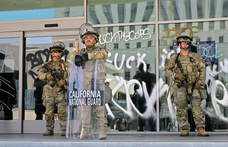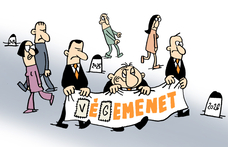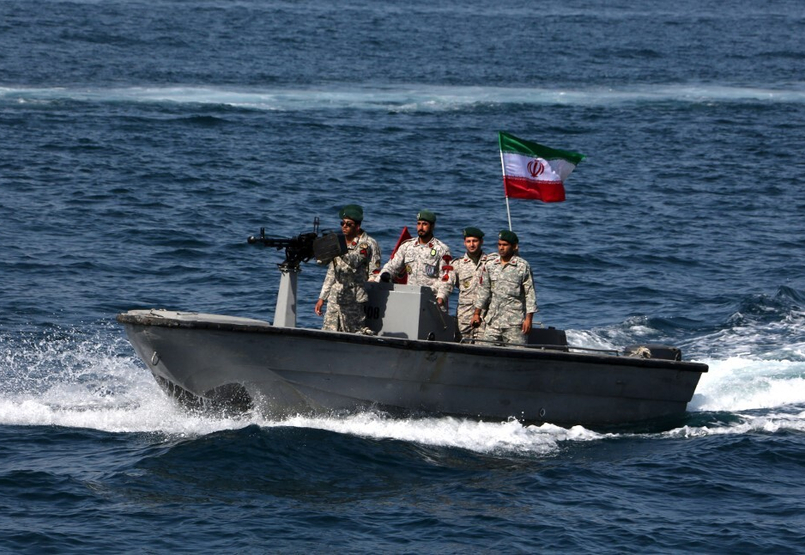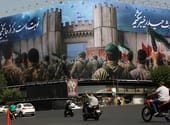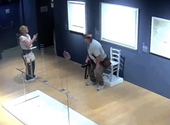On the playgrounds of God and the Devil
Albert Takács
"I was always a good student," says the 52-year-old freshly appointed minister, a constitutional lawyer by training.
The Cattani Group
Iren Karman herself suggested that the violent physical attack she suffered was linked to the film she made about the Cattani Group. hvg.hu's sources have their doubts. Karman's main source for her film about the criminal gang set up in 1991 was the ex-policeman Ferenc Labancz, so the journalist herself is unlikely to have been party to information damaging to the mafia circle.
Bolshevik-dogs and the democratic bacon
If we are to believe the old adage that "Bolshevik dogs don't turn into democratic bacon," then we're depriving democracy of so much bacon that it would die of hunger. But people who profess to believe it aren't serious, because they would not be happy without their ex-Bolshevik dogs. Opposing the honour awarded to Gyula Horn because of his past is a very weak argument. You can't deny everybody an honour for serving a democratic republic just because they also excelled in their service to a dictatorship.
On screen
It was ignored by the Party and the country's leaders, but the TV news started exactly 50 years ago in Hungary, at the dawn of the Kadar era.
After hitting rock bottom
CA president John Swainson took to the podium in a Las Vegas conference hall to the sound of upbeat rock music. He had reason to be happy. After hitting rock bottom in 2004, he has managed to return one of the world's largest software companies to market dominance.
Record highs
The Budapest Stock Exchange set several new records at the beginning of the week. The BUX rose to new highs as Mol shares were sold by the Rahmikulov family to the Austrian oil company OMV.
The Cave Hospital at Buda
The cave hospital, the most interesting and most horrifying healthcare institution in Hungary's history, opened its doors for Museum Night.
Foundations in the firing line
Hvg.hu has learned that Janos Zuschlag, executive chairman of the Socialist Party in Bacs-Kiskun county, is being prosecuted for fraud. Prosecutors say "Janos Z." is suspected along with seven co-defendants of using various foundations and associations to make fraudulent grant applications, resulting in Ft50m disappearing into their pockets. Zuschlag's former private secretary is also under suspicion.







